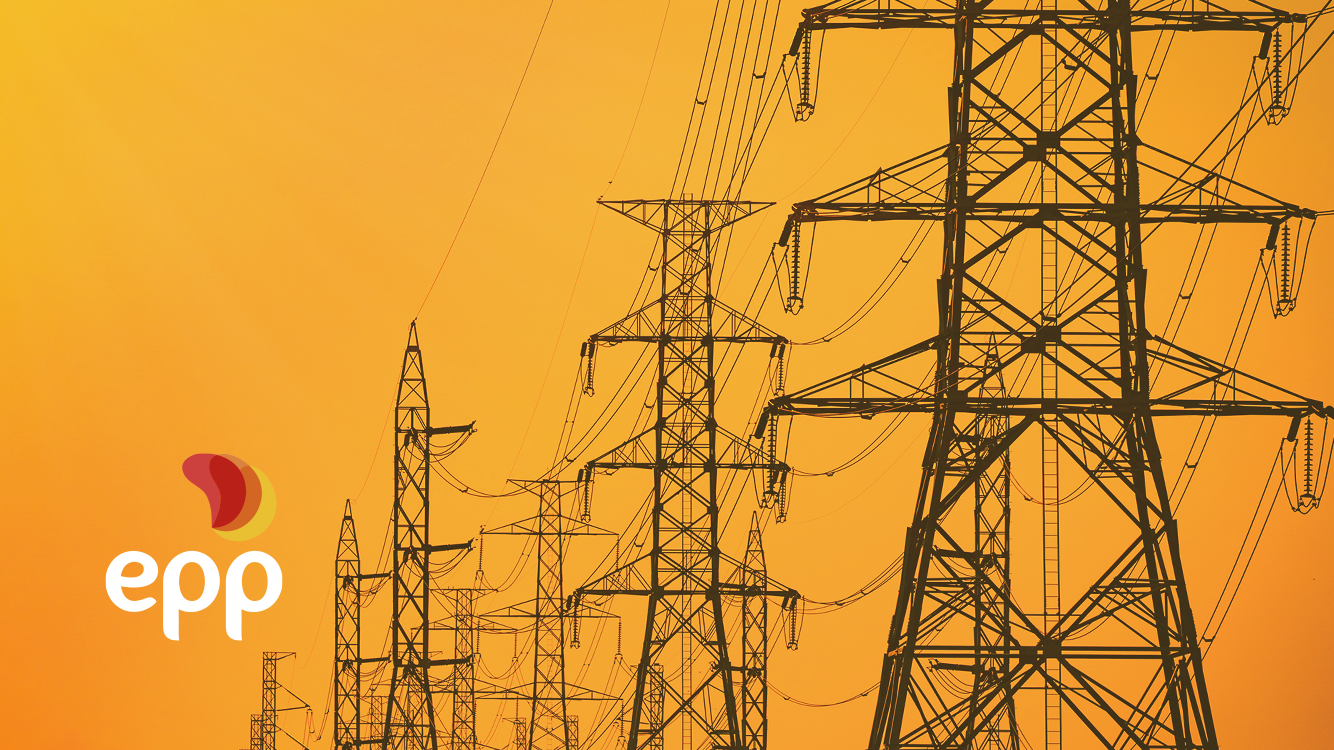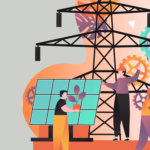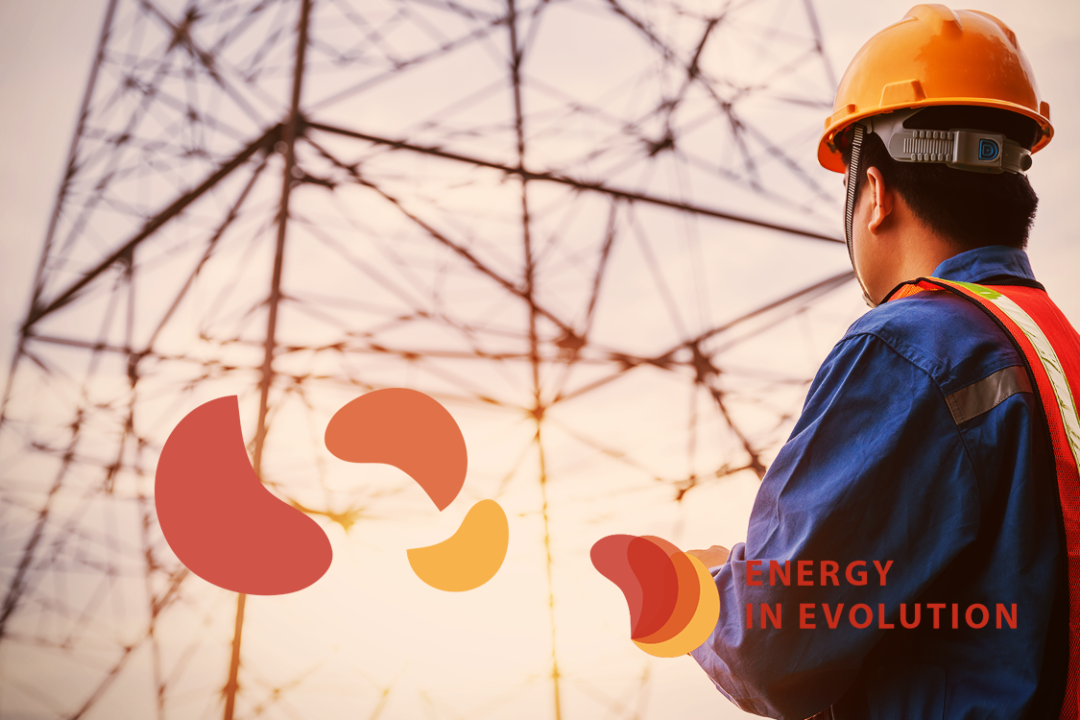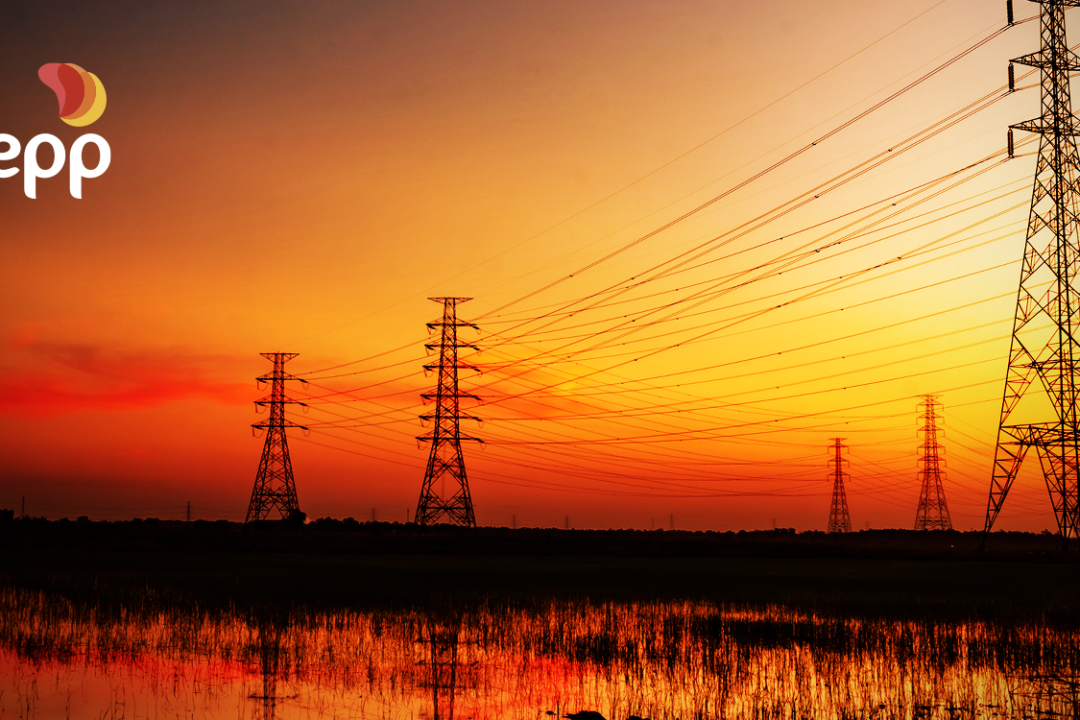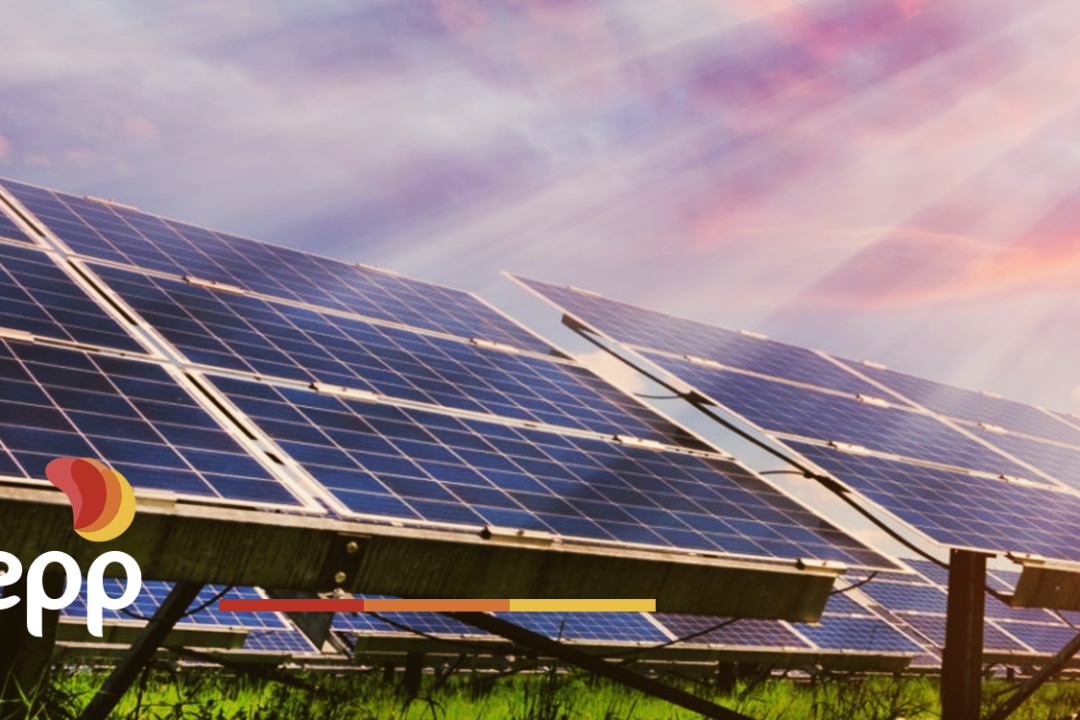The modernization of the electricity sector tries to bring governance, legal security and transparency to energy production.
The modernization of the Brazilian electric sector is necessary to enable the expansion of the market, improve the allocation of resources, form prices and bring sustainability to energy production. Therefore, in April 2019, an Ordinance of the Ministry of Mines and Energy instituted a Working Group to study and propose the necessary changes. The group’s objective was to create proposals based on the pillars of governance, transparency and legal-regulatory.
During the discussion of the work, 14 thematic groups were established to analyze issues, such as market opening, allocation of costs and risk, reducing bureaucracy and process improvement, price formation, auction systematics, MRE, new technologies, among others. Participating in the groups were representatives of the Ministry of Mines and Energy, the National Electric Energy Agency, the Electric Energy Trading Chamber, the National System Operator and the Brazilian Energy Company.
What are the priorities for the modernization of the electricity sector?
The modernization of the electric sector in Brazil took time, but it started to develop. Only in 2019, a group was set up to study and develop projects for the energy sector. Thus, it was concluded that the opening to innovations is inevitable, with the expansion of consumer choice, removal of undue costs, more transparent prices and the use of technology to optimize production and delivery.
Even though the final document addresses several fronts of action, there are some priority themes. The first point is price formation with the implementation of hourly PLD. With it, the price of commercialized energy will come closer to its generation cost. Another highlight is the separation of ballast and energy. That is, the sources of energy, for ballast, have to guarantee the service of the system when it needs it – hydroelectric, thermoelectric, hybrid plants.
Subsidies and charges should also be more transparent and better used. In other words, the “penduricalhos” of the account added over the years makes energy more expensive compared to the cost of production at the plants. Finally, the opening of the Free Market is another priority. It enables the consumer to be more active in managing consumption, generation or in free negotiation with the free market.
How is this modernization being carried out?
After the 180-day deadline, the team presented the action plan for the implementation of the guiding guidelines for the next 3 years and the work continues under the Implementation Committee, coordinated by the MME.
Some of the themes proposed in the study were transformed into bills, such as Projeto de Lei 414/21, from the Senate, which provides for the portability of the electricity bill between distributors. The PL also shares the costs of migrating consumers to the free market with distributors.
This change in the regulatory framework for the electricity sector aims to create a free market in the country. The proposal is still pending in the Chamber of Deputies. Ordinances 514/18 and 465/19 bring a gradual opening to the free consumer, with the proposal of total opening from 2024.
With the approval of this proposal, the country will jump from 55th to 4th place in the international ranking. The survey carried out by the Brazilian Association of Energy Traders (Abraceel) listed 56 countries and analyzed the freedom of choice in the electricity sector. The leadership is from Japan, followed by Germany and South Korea.
Therefore, there are several ideas and opportunities for the modernization of the electric sector in Brazil. It is up to Congress, the sector involved and society to work together to bring benefits.
